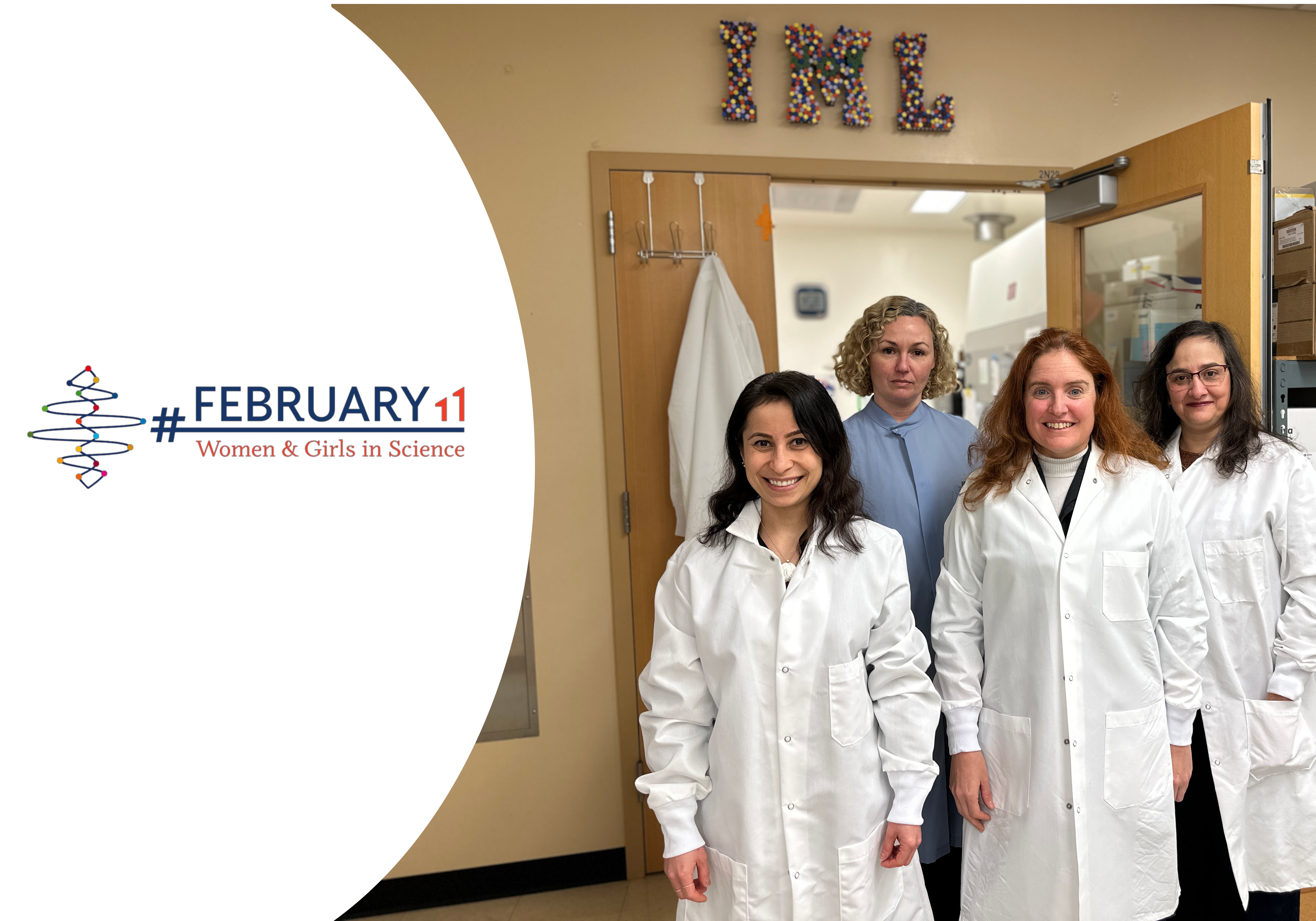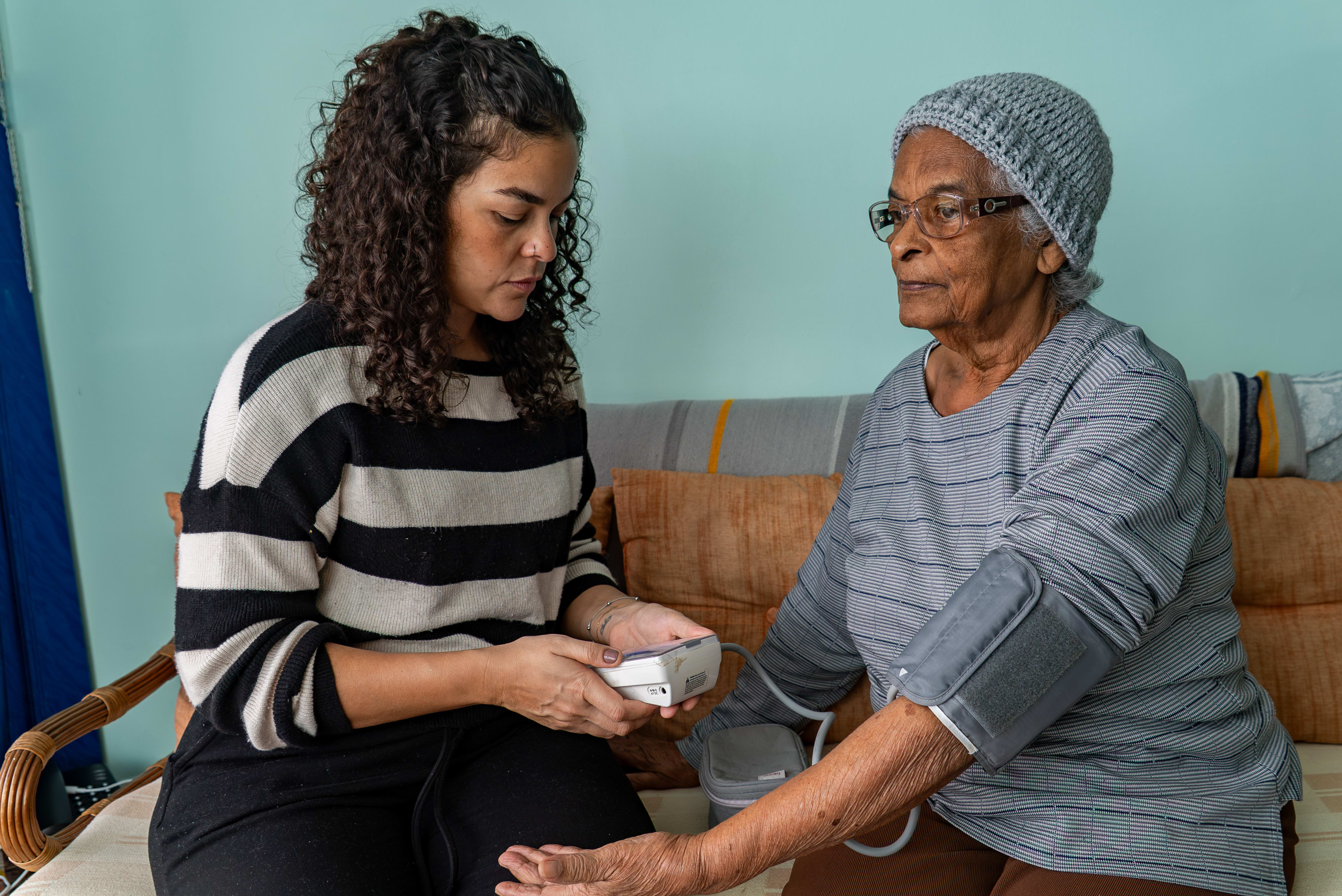Leading Pituitary Cancer Care Close to Home
Providence provides pioneering, integrated, advanced treatment options for every type and stage of pituitary cancer, conveniently located at our leading-edge cancer treatment centers. We fight your cancer diagnosis with the latest therapies and pituitary cancer treatments, taking a patient-centric approach to your overall health and well-being.
We understand that your pituitary cancer diagnosis is different from someone else's. A personalized care team is established just for you and will meet regularly to discuss your individualized treatment plan and evaluate every step in your fight against cancer. Our nurse navigators help lead the way, answering your questions and coordinating integrative care and support services.
Why Choose Providence for Your Brain and Nervous System Cancer Care?
Every year, fellowship-trained specialists at our brain tumor centers of excellence treat thousands of patients just like you. With such deep experience, you know you’re in the most capable hands. Here are even more reasons so many tumor patients trust Providence for their care:
Our Approach
Our approach is unique. We take a patient-centric, holistic approach to your overall health and well-being by treating your cancer diagnosis with the most effective and advanced pituitary cancer treatments available. Our research-based treatment plans are tailored to each patient's unique type and stage of pituitary cancer.
Our highly trained, compassionate oncologists and clinicians bring years of expertise and world-class knowledge to your pituitary cancer care. Our cancer doctors are among the top cancer specialists in the country, so you know you are getting the best care possible.
Providence's pituitary cancer treatment centers provide patients with the most effective treatment options. Our wide range of pituitary cancer therapy options include chemotherapy, radiation, pituitary tumor surgery, and targeted therapies. We also offer access to the most advanced therapy options through clinical trials, ensuring that the latest treatments are available to you.
Pituitary Cancer Care Locations
Meet the Team
At Providence, you'll have access to a vast network of dedicated and compassionate providers who offer personalized care by focusing on treatment, prevention and health education.
Find Care
Expert Tips and Advice for Cancer




